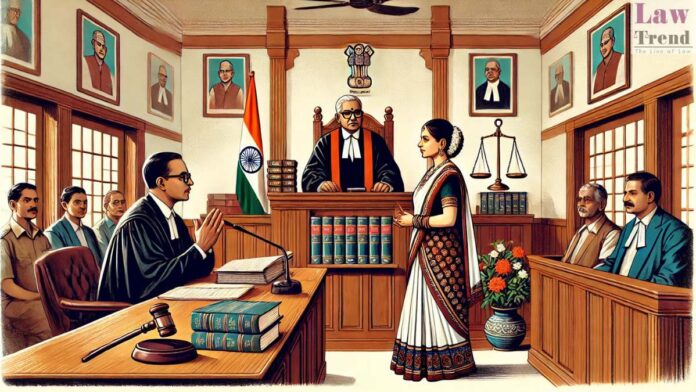In a significant ruling, the Andhra Pradesh High Court upheld the grant of a succession certificate to the second wife of a deceased South Central Railways employee, affirming her entitlement to family pension and other benefits. The judgment, delivered in Civil Miscellaneous Appeal No. 715 of 2024, was rendered by a Division Bench comprising Justice
To Read More Please Subscribe to VIP Membership for Unlimited Access to All the Articles, Download Available Copies of Judgments/Order, Acess to Central/State Bare Acts, Advertisement Free Content, Access to More than 4000 Legal Drafts( Readymade Editable Formats of Suits, Petitions, Writs, Legal Notices, Divorce Petitions, 138 Notices, Bail Applications etc.) in Hindi and English.




